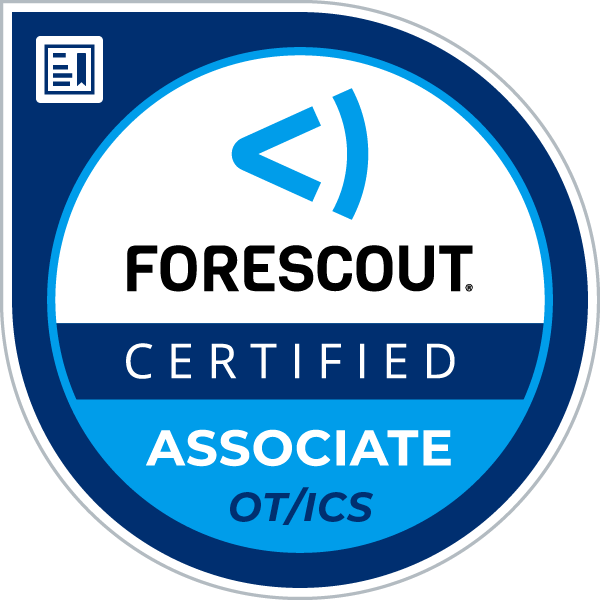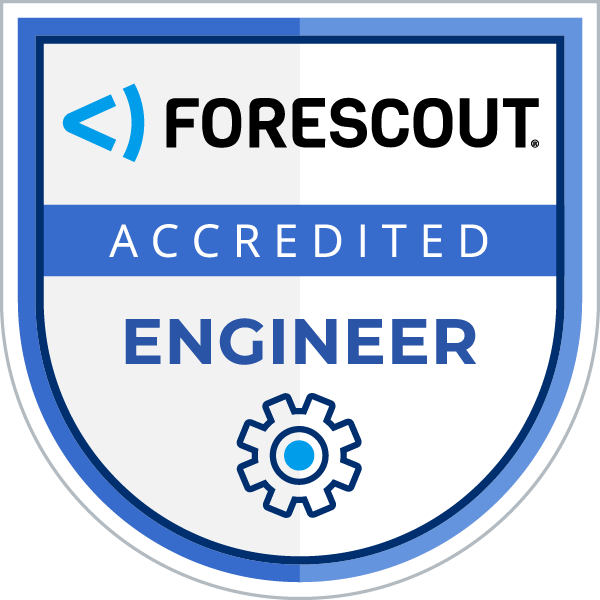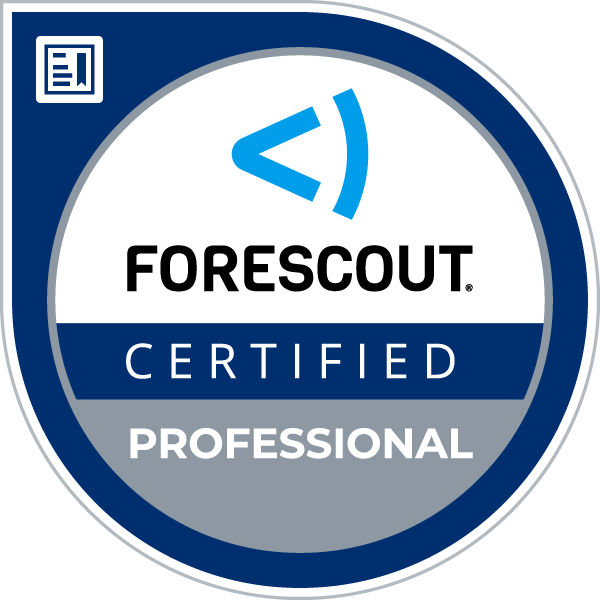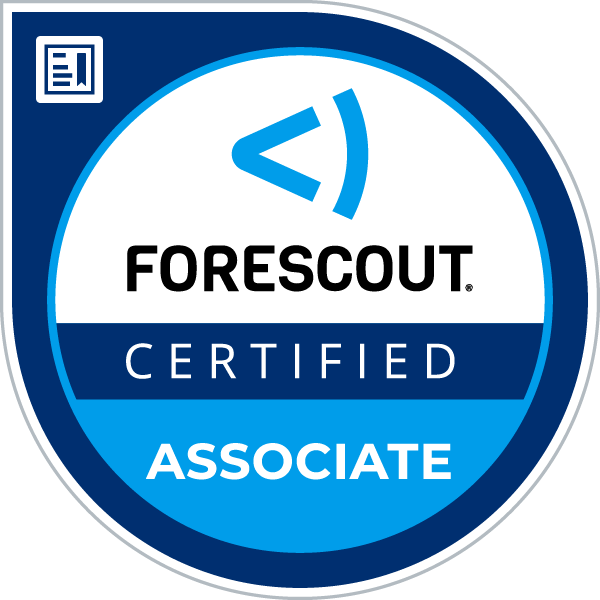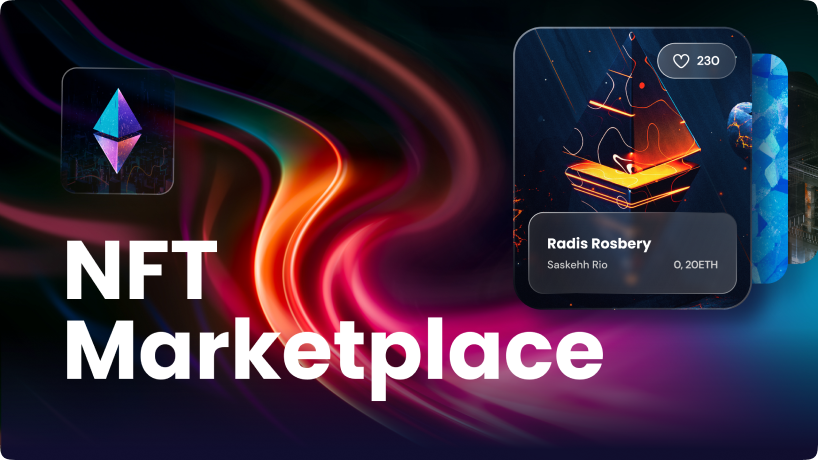
NFT Marketplace harnesses the very latest and greatest software technologies to advance students through hands-on, project-driven training. Leveraging the immense power of Solidity and Next.js, this course combines futuristic elements of Web3 blockchain development and the popular culture wave of non-fungible tokens (NFT).



